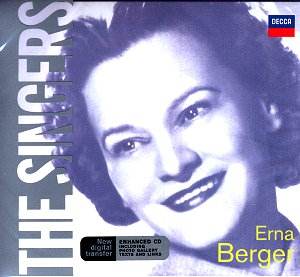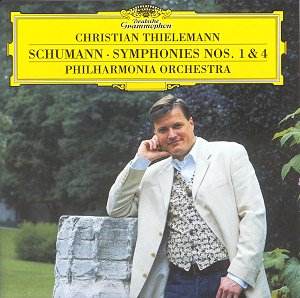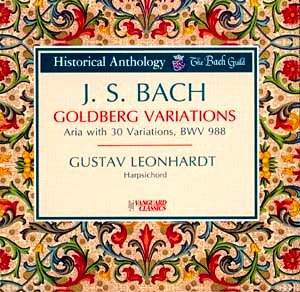 Composer: Erna Berger
Composer: Erna Berger
Works: Arias and duets by Grieg, Mozart, Donizetti, R. Strauss, Verdi, etc.
Performers: Erna Berger (soprano), Heinrich Schlusnus (baritone), Viorica Ursuleac (soprano), Tiana Lemnitz (soprano), Orchestra of Staatsoper Berlin, Various conductors
Recording: Berlin, Germany, 1934-44
Label: DECCA
The recent reissue of Erna Berger’s contributions to the Decca “The Singers” series provides a captivating glimpse into the artistry of a soprano whose career was abruptly halted by the tumult of World War II. Born in 1900 and active at the pinnacle of her vocal powers during the 1930s, Berger’s recordings serve not only as a testament to her exceptional talent but also as significant artifacts of operatic history. This compilation, featuring arias and duets from the likes of Mozart, Verdi, and R. Strauss, showcases the light lyric coloratura that defined her performances at venues such as the Berlin State Opera and the Metropolitan Opera.
Berger’s bright, fresh timbre and impeccable legato are immediately apparent, especially in her rendering of “Caro Nome” from Verdi’s Rigoletto (track 14), where her agility and expressive phrasing create a compelling portrait of Gilda. Her ability to convey both innocence and yearning is further accentuated by her controlled trills and articulate ornamentation, hallmarks of a true coloratura soprano. The duet with Heinrich Schlusnus in “Tutte le Feste” (track 15) is particularly noteworthy; despite a slight rawness in Schlusnus’s voice, their chemistry and vocal interplay highlight the emotional stakes of the scene. Schlusnus, a baritone of considerable standing in pre-war Germany, complements Berger’s lightness with a more robust sound, underscoring the dramatic tension inherent in Verdi’s writing.
The recording quality, however, presents a duality of experiences. While the historical significance of these recordings is undeniable, modern listeners may be challenged by the evident surface noise in tracks 5 and 13, which detracts from the overall listening experience. The sound levels fluctuate throughout the disc, with some tracks featuring a more forward placement of Berger’s voice, lending them a vibrant immediacy, while others seem somewhat recessed, requiring manual adjustment for optimal enjoyment. This inconsistency may perplex listeners accustomed to the polished productions of contemporary recordings. Nonetheless, the 1944 recording of “Là ci darem” (track 4) stands out for its clarity and presence, showcasing the advances in technology even within the confines of historical limitations.
The interpretative choices found within these arias reveal Berger’s keen understanding of character and style. Her portrayal of Susanna in the duet with Viorica Ursuleac as the Countess in Le Nozze di Figaro demonstrates a delightful interplay of vocal lines, where Berger’s bright, clear tone contrasts beautifully with Ursuleac’s warmer timbre. Yet, it is in the trio from Der Rosenkavalier (track 19) where the richness of collaboration shines, despite a few moments of congestion at the peak, hinting at possible microphone overload or suboptimal mastering. Such moments serve as reminders of the technical imperfection that can accompany historical recordings, yet they do not overshadow the artistry on display.
Erna Berger’s disc offers a fascinating lens into the world of early 20th-century opera, revealing a singer whose talents were tragically curtailed. Even with its technical shortcomings, the disc is filled with memorable moments that showcase Berger’s artistry and the collaborative spirit of her contemporaries. The selection of repertoire, while eclectic, provides an engaging journey through the operatic landscape of the time. This collection deserves a place not only in the libraries of collectors but also in the hearts of those who appreciate the rich tapestry of operatic history and the voices that have shaped it. The virtues of this recording ultimately shine through, inviting listeners to celebrate the artistry of Erna Berger and her remarkable peers.



